It always pays to attend to your cannabis plants’ needs and be aware of the signs of marijuana deficiencies. By now, you probably have a checklist of what you need to do for your plant daily: if it is getting enough hours of light, keeping the room warm, leveling out the humidity, sprinkling on some water, mixing in the fertilizer, and checking up on its stems and leaves.
Like us, plants are prone to diseases if they are not healthy enough. In most cases, cannabis plants experience such conditions from nutrient deficiencies. These may be caused by certain fertilizers or their environment, among others. Your plant will exhibit signs and symptoms of these deficiencies, so once they show up, act on them right away. Marijuana commonly faces nutrient deficiencies; these macronutrients are what most fertilizers contain right at the top of its label for nutritional value: nitrogen (N), phosphorus (P), and potassium (K).
Common Marijuana Deficiencies
Nitrogen
On the outside, nitrogen is needed mainly to grow healthy leaves. It also plays a significant role in the photosynthesis and production of chlorophyll, keeping cannabis green and lean. Nitrogen is crucially needed, especially during the vegetative stage and flowering period.
Signs of Nitrogen Deficiency
Nitrogen deficiency in cannabis manifests in their foliage: leaves in the base up to the middle will start to yellow and eventually wither and dry up. If left untreated, the yellowing will continue to spread until the topmost part of the plant. Yellowing also often shows up as it matures to its vegetative phase and flowering stage.
Cannabis plants can also develop toxicity, which can cause an imbalance in the pH levels from high amounts of nitrogen. This takes the form of curled leaves and weak or breaking leaf stems. To treat this, fertilizers such as worm castings, fish meal, cottonseed meal, and blood meal can help balance out pH levels and improve nitrogen absorption.
The fertilizer you are currently using should also be enriched with the three macronutrients, nitrogen, phosphorus, and potassium, at a balanced ratio to prevent toxicity and other forms of plant diseases.
In this case, you might consider bat meal as it can easily stabilize the pH levels of your cannabis plant while providing a fair amount of the significant nutrients it needs to keep growing healthy and heavy with buds for harvest. If you fix it up right away, new healthy green leaves should grow back in the spots that had yellow leaves that dried up and broke off.
Phosphorus
Phosphorus aids in growing your plants’ roots and developing sturdy stems and leaves. It is an excellent nutrient to help your seeds get a jumpstart for germination. It is also highly needed during the flowering period of cannabis to produce a great yield.
Signs of Phosphorus Deficiency
If your plant is not getting enough phosphorus, you will notice that its leaves have been losing their bright, vibrant color – they turn darker or purplish and may curl in or bend down and break, while the growth of your plant has begun to be stunted or slowed down. The petioles might also darken or have a red or bluish color developing on them.
A cold climate or soil that is too moist or high in alkaline is the usual cause of a phosphorus deficiency. Cool temperatures make it hard for your plant to absorb phosphorus, making these symptoms more common during winter or in a cold room. Using cold water to hydrate your plant can also make it difficult for it to soak up some phosphorus.
Adding fertilizer with the proper amounts of nitrogen, phosphorus, and potassium can help your plant recover. Fertilizers with higher amounts of phosphorus can also nourish them back to a stable level of P. You also might want to consider other fertilizers designed for the flowering phase as they possess an increased amount of phosphorus and water-soluble fertilizers.
Bat meal, worm castings, bone meal, and crab shells or crab meal also contain phosphorus. If you want to feed your cannabis some plant food, give it less than the recommended amount as full servings may be toxic. Your plant should heal and grow at an average pace with a lively green color again in a week.
Potassium
Potassium, which comes in the lowest amount when it comes to fertilizers since cannabis plants do not need much, however this is one of the most common marijuana deficiencies. Although cannabis plants do not need much, this nutrient is necessary just as much as the other two macronutrients, nitrogen and phosphorus, to thrive.
The role of phosphorus in your plant’s health is to fight off diseases and process water for transpiration and circulation in the plant, which is vital during its vegetative state and flowering period.
Signs of Potassium Deficiency
To spot a potassium deficiency in your plant, look out for yellowing leaves or leaves with darkened tips and edges, spots of discoloration, or curling up. Your plant continues growing taller, but its stems are weak and brittle, and it might stop developing new leaves. A potassium deficiency, at worst, will postpone the flowering period of cannabis and produce soft buds and small yields.
Treat your plant using potassium-rich fertilizers or mixing in water-soluble potassium with your fertilizer. Dust and ash from wood and granite or sulfate of potash, and also kelp meal, can also work wonders to get your plant back on track.
Conclusion
It can be a difficult task to keep a plant in tip-top shape, whether you are new to growing or have been doing it for years, most especially when it experiences marijuana deficiencies. Each type of cannabis works differently, so it is important to read up and be guided by what is advised for it to grow into the fruitful and beautiful weed of your dreams.
With such problems, do not worry too much as there are available solutions to restore your plant’s health. A green thumb will not be a requirement to get you started, but your plant will highly appreciate some extra effort and a careful eye to prevent diseases and deficiencies.










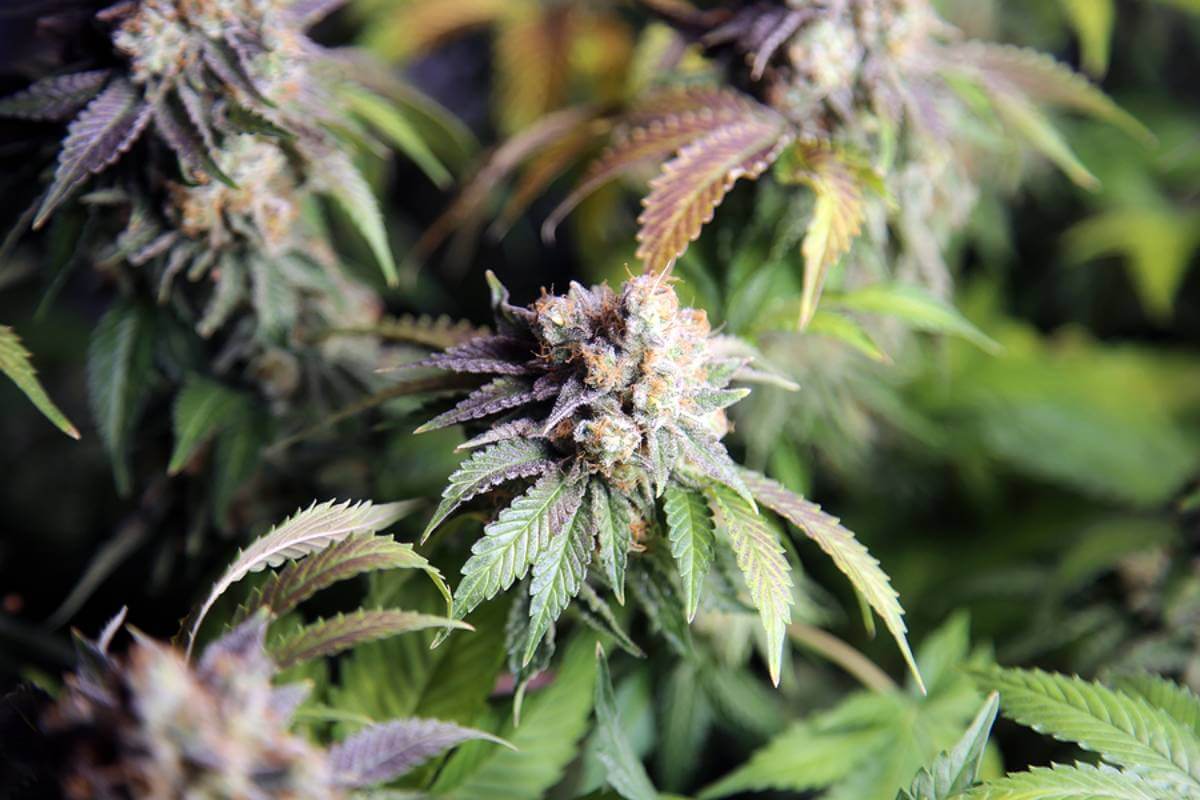




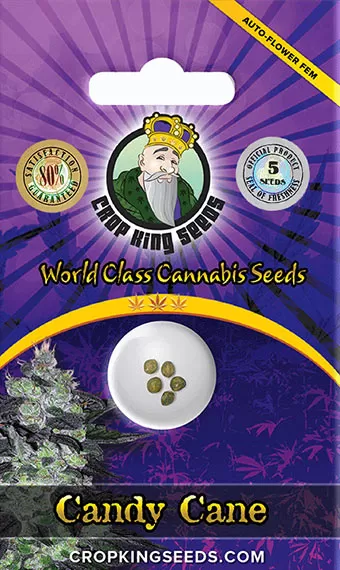
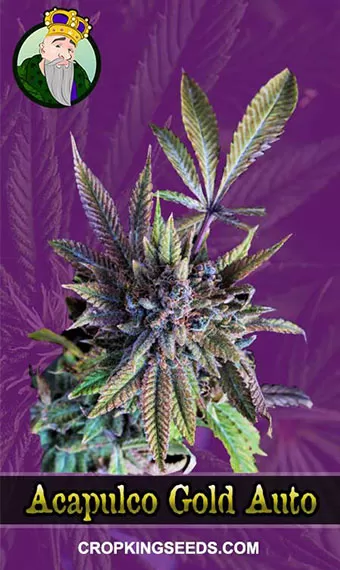
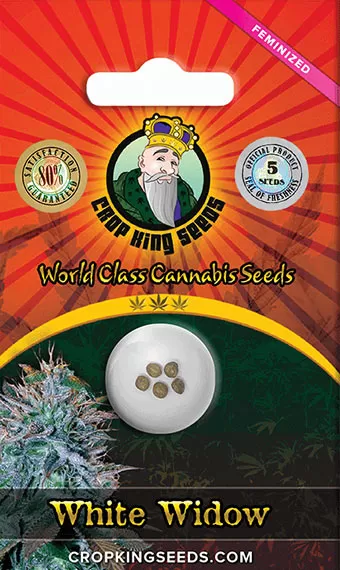
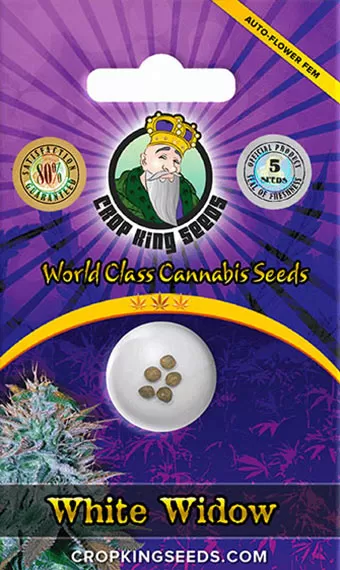
One Response
I’m growing 4 different varieties , Gelato, Blue Dream, White Widow and Purple Kush. They are in flower, third wk, Purple kush turned from green to a light yellowish and the pistles are not developing normal. I use the same growing dirt on all the plants and add Budswel a guano fertilizer. The other plants are doing great. Any suggestions.